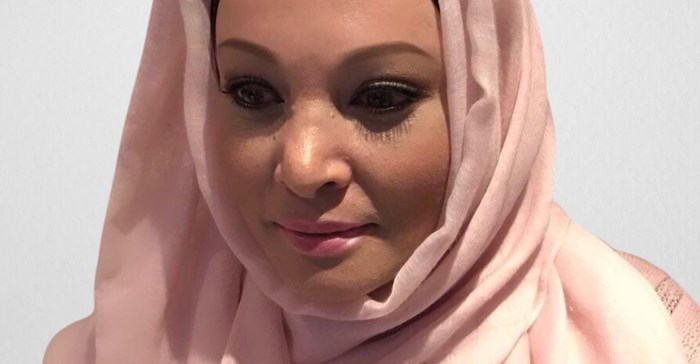
With property being an established part of the investment landscape, Shariah-compliant property products have shown special resilience and growth recently. They are gaining popularity among investors seeking ethical, sustainable opportunities, and often outperform conventional investments.
Islamic finance in general is showing healthy growth. A survey by S&P Global ratings found that assets under management in the Islamic-finance sector grew 10,6% in 2020. Even during market downturns, shariah funds have outperformed major global funds, and provided a safe investment haven.
At Al Mabroor, we have first-hand experience of shariah projects outperforming other investment products. A property project might typically offer 9% to 10% rental income on the initial investment amount. Over time with annual rental increases and capital growth, returns can easily reach 13% to 15% p.a.
Property investments have long been popular in the Muslim community. They offer a straightforward, effective way to grow funds in a Shariah-compliant way that is anchored in a real-world project. Essentially, investors earn from rental income.
Investing in property through these products offers a unique opportunity to secure regular monthly income and capital growth over the medium to longer term. The Shariah board approves all tenants, and a focus on high-quality property projects in sectors like hospitals, student accommodation and commercial office space can ensure high occupancy rates and consistent rental growth.
For Muslim investors, Shariah-compliant property investments provide a compelling value proposition. All investors can benefit from these opportunities, which focus on sectors where there is a social need, and a chance to make a positive difference.
An example would be Al Mabroor’s Saratoga student accommodation project, situated in Berea, Johannesburg. It is across the road from the University of Johannesburg’s Doornfontein Campus.
Saratoga addresses the growing demand for quality student living spaces in South Africa. With a potential deficit of up to half a million beds in the student housing sector, such a project allows investors to generate solid returns and contribute to solving the housing crisis.
Another lucrative opportunity where investors can make a social impact, is in the healthcare and frail-care sector. In 2022, South Africa had over five million people aged 60 years or older, which equates to 9.2% of the population.
This brings a significant demand for frail, sub-acute and palliative care services. Al Mabroor Hospital Fund allows investors the opportunity to invest directly into these healthcare facilities.
Such property syndication models allow investors to access a diversified portfolio of real-estate assets, while benefiting from professional management, earning passive income through rental yields and sharing in capital appreciation of the property. It’s a strategic and ethical approach to real-estate investment that conforms to the laws of shariah.
A property portfolio that is diversified across asset classes, industries and geographical regions, allows investors to manage risk and maximise returns.
Additionally, diversification can help investors achieve a more balanced and stable portfolio, that is aligned with their financial goals and risk tolerance.